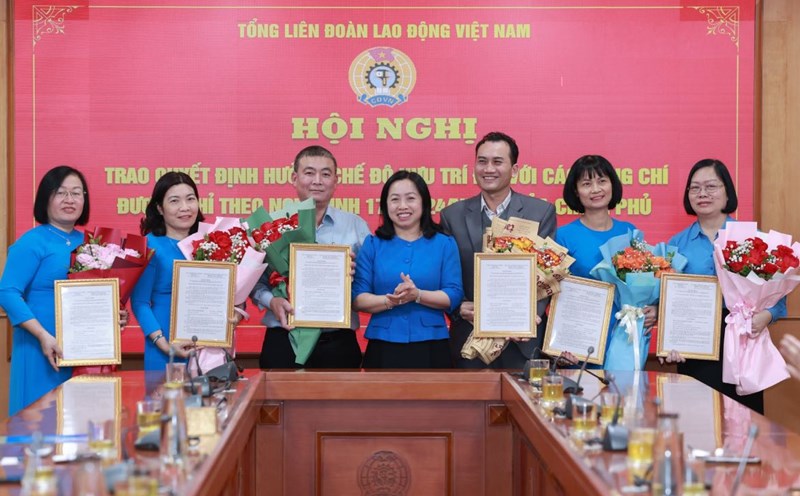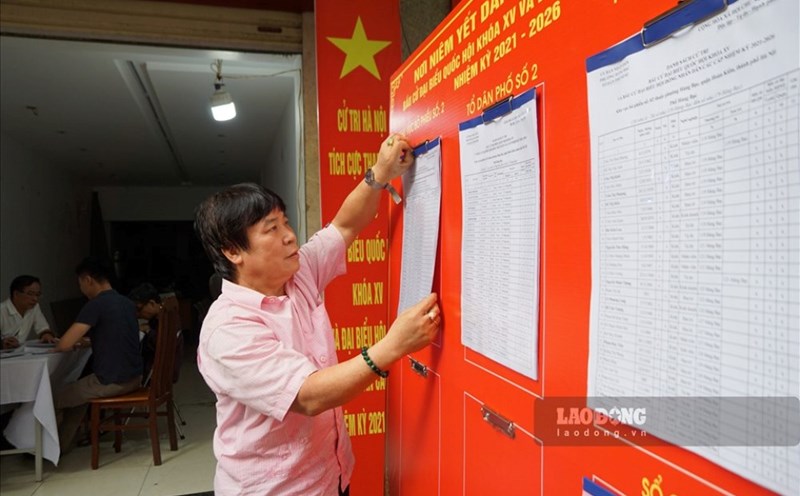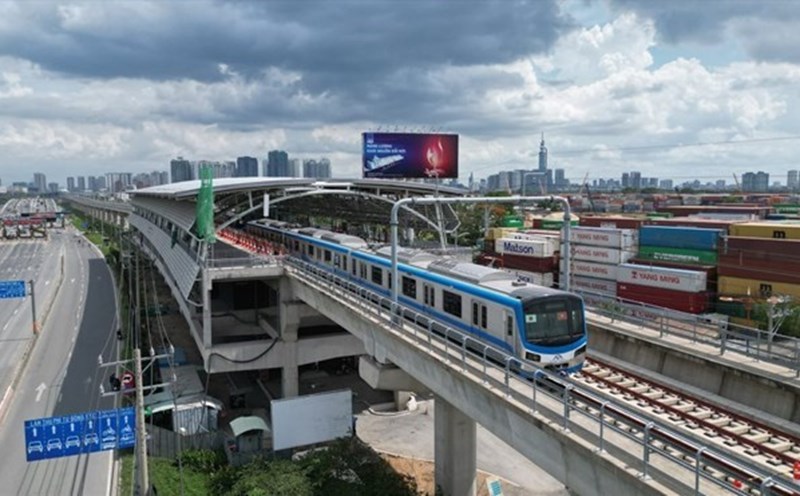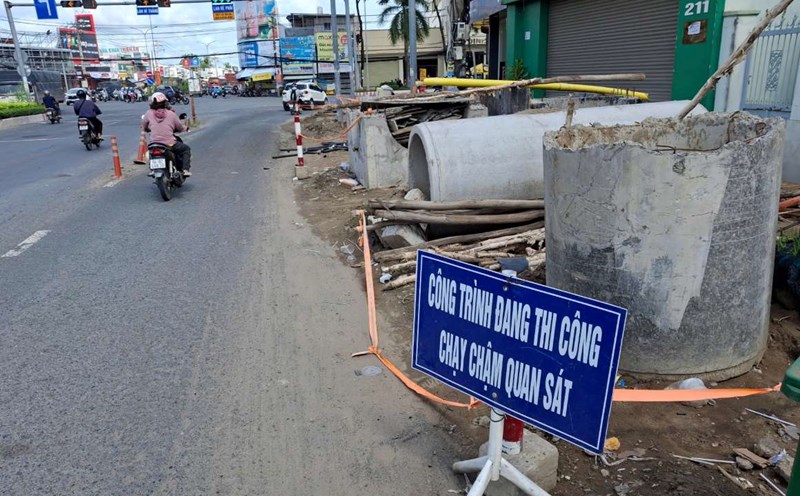On September 18, the Government Electronic Information Portal organized a seminar on "Locarizing the automobile industry with an independent and self-reliant economy".
Speaking at the seminar, Dr. Ngo Nhat Thai, who has 30 years of experience in the automotive industry, shared that according to statistics, up to now, our domestic rate has only reached about 10% for 5-seat cars. This rate is too low, especially compared to neighboring countries such as Thailand, Malaysia or Indonesia.
Discussing this issue, Dr. Nguyen Si Dung, former Deputy Head of the National Assembly Office, said that we currently have over 100 million people. Thailand has just over 70 million people but they consume about 1 million cars per year (Thailand produces 2 million cars, domestically consumes 1 million), which is a very large number.
Dr. Nguyen Si Dung emphasized that the automobile industry is of great importance. The trend of switching to using cars is inevitable, just like before, from bicycles to mass motorbikes. Now, Vietnam's population has begun to switch to cars. Domestic demand will be huge. Serving domestic demand is one of the important orientations and roles of the automobile industry.
Therefore, the development of the automobile industry and especially localization is a very important policy orientation and should be our priority development goal.
Dr. Nguyen Van Hoi, Director of the Institute for Strategy and Policy Research on Industry and Trade - Ministry of Industry and Trade, said that the development of the automobile industry, including building a Vietnamese automobile brand, will compete fairly with international automobile brands. We have spent more than 30 years promoting investment in developing the automobile industry to compete and develop, and we have achieved remarkable achievements. In addition to domestically manufactured and assembled automobile products, we have cars with Vietnamese brands. It was a success.
Dr. Nguyen Van Hoi added that in fact, in the recent past, we have had achievements and limitations. Therefore, we need to have orientations in the coming time to truly meet the needs of the automobile market, towards 01 million or 900,000 cars including cars, passenger cars, tourist cars, specialized cars, trucks and other types of cars in the period from now until 2030 and 2035.
Prof. Dr. Hoang Van Cuong, National Assembly Delegate, Vice Chairman of the State Council of Professors, also said that we can see that in the international market, in the history of competition and trade wars between countries, the main tensions have often begun from the automobile industry and continue to this day.
Even in developed countries, the auto industry is still a field with a fierce competition. Although the auto industry is not a pillar of all countries, this battle is always tense.
The reason for this probably comes from the fact that automobile products are a product that is very close to the lives and consumption of all people. .
When this industry develops, it affects and promotes the development of many other industries. This creates an ecosystem, not only for jobs but also promotes the development of products and technology. Because of those factors, countries want to develop the automobile industry and must satisfy their own standards to create not only their own brand but also a unique product.
Therefore, Vietnam's policy is also to develop the automobile industry towards localization, this is an inevitable trend that the world is developing and pursuing.











